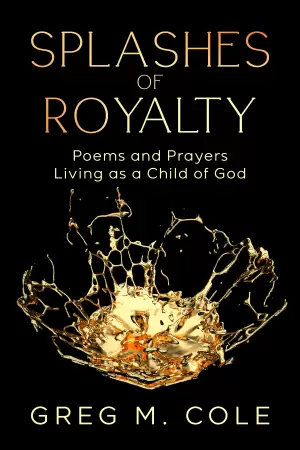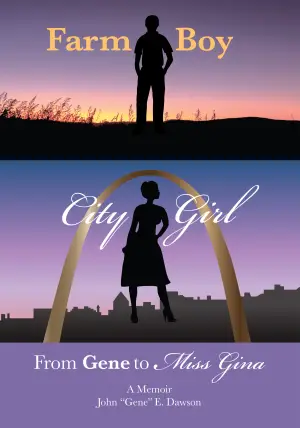Memory Piece: A Tapestry of Lives in a Dystopian Realism
When I first picked up Memory Piece by Ko, I was instantly drawn in by its lyrical promise of exploring the intertwining lives of three women against the backdrop of a crumbling technocratic dystopia. The delicate balance between art, life, and the search for meaning resonates deeply, especially in our current world. As I dove into its pages, I felt a strange warmth in the stark realities described—a heartfelt connection to characters who, despite their differences, mirror the various paths we all tread.
At the heart of the novel are Giselle, Jackie, and Ellen—each representing a different thread in the fabric of modern existence. Giselle shines as a performance and visual artist, Jackie is the ever-analytical programmer, and Ellen fights tirelessly as a housing and labor activist. Their lives are a dance of dependency and influence; they are like the pieces of a puzzle that, while often fragmented, come together to reveal a larger picture of struggle and connection. Ko deftly captures the nuances of their friendships, showing how our lives intersect in ways we often don’t realize until we look back.
What struck me most about Memory Piece was Ko’s evocative prose. Sentences like, “An early-morning thunderstorm leaves the streets smelling clean and metallic until the August heat returns and bakes the garbage again,” paint vivid imagery that transcends mere words. The rhythms of New York come alive, filled with joy and grit, as Ko weaves environments as essential characters in their own right. The humor sizzles too; Ellen’s quip about music being “the sound of regurgitation” left me chuckling—it’s moments like these that capture the essence of life’s absurdity.
Yet, beneath the humor, Ko takes a hard look at the neoliberal capture of identity politics, particularly through an Asian American lens. Lines that engage with the idea of a “Bad Asian” resonate with me personally, echoing the struggles of navigating cultural expectations versus authentic identity. The book critiques superficially defined identities while urging readers to find deeper connections—both historically and personally. This discussion invites introspection about community and memory, raising the powerful question of what will ultimately save us.
As we turn the pages, Ko asks, “An artificial, inaccurate version of the past… what else was there to compare it to?”—a poignant reminder of the importance of safeguarding our memories. This book doesn’t simply entertain; it challenges us to reflect on our histories and relationships. Ko delivers a timely conclusion about the power of community and how it weaves together our fragmented experiences into something whole and meaningful.
In conclusion, Memory Piece is a thought-provoking read that will appeal to anyone interested in how art and life intersect amid societal decay. Its evocative prose, nuanced characters, and underlying urgency make it both a beautiful and necessary read. If you appreciate literature that doesn’t shy away from self-reflection or the complexities of the human experience, then this book is certainly worth your time. Personally, it has left me pondering my own relationships and the memories that stitch my life together—a poignant reminder that we are all, in one way or another, pieces of a larger story.













